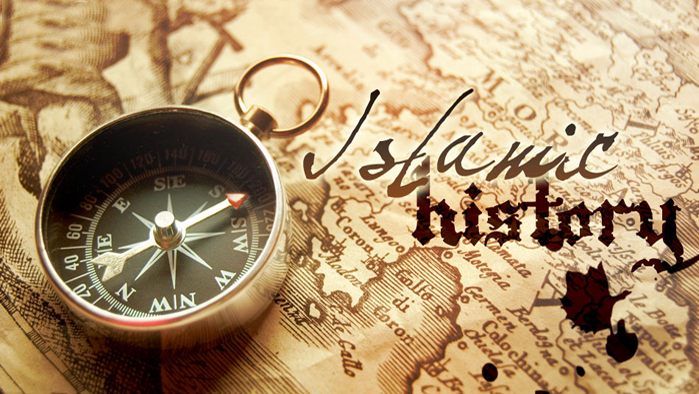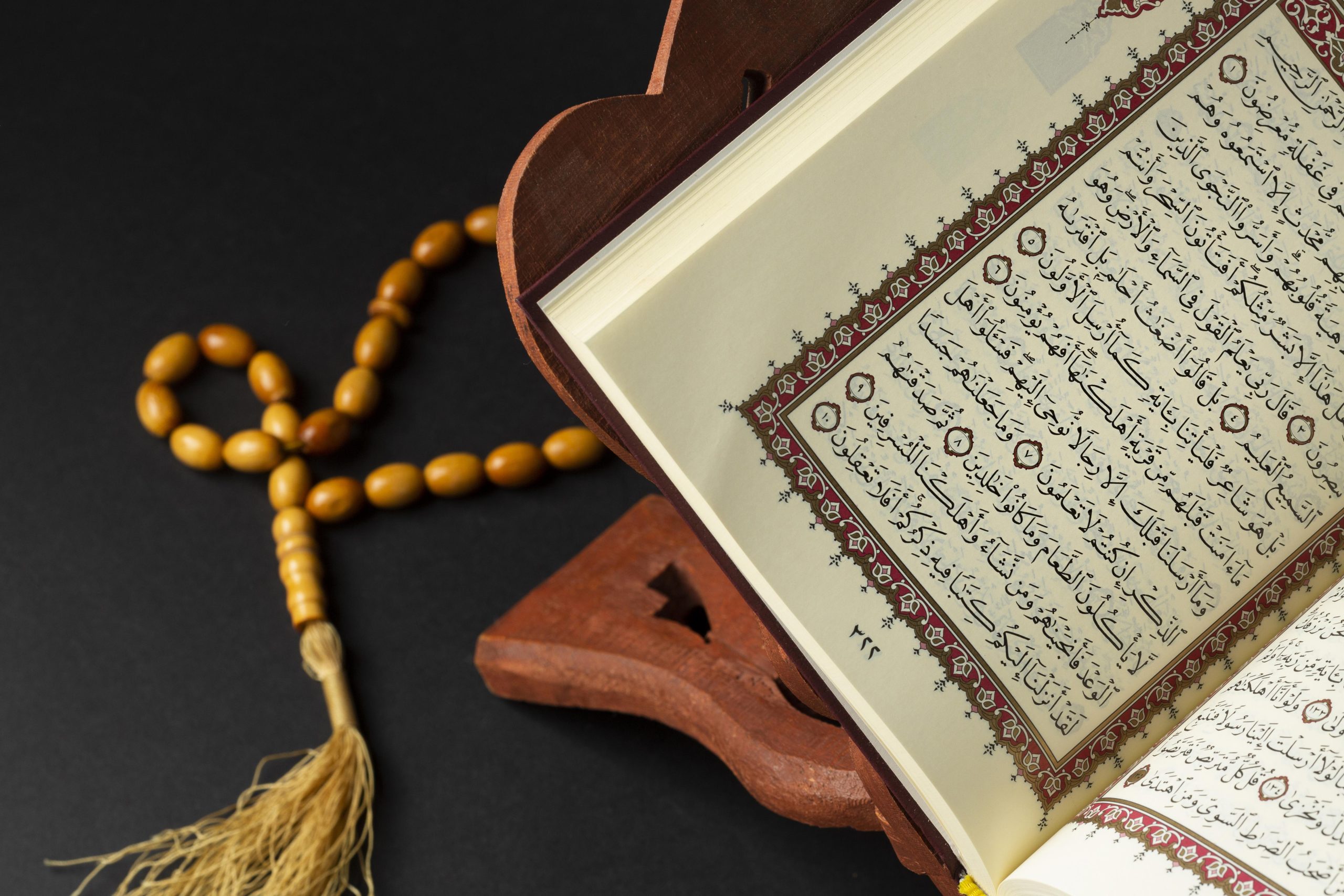Introduction:
The history of Islam is intricately intertwined with the development and advancement of science. From the Golden Age of Islamic civilization to modern contributions, the relationship between Islam and science has been characterized by a quest for knowledge, inquiry, and innovation. This narrative explores the rich history of Islam’s engagement with science, highlighting key figures, achievements, and contributions that have shaped our understanding of the world.
Early Islamic Scholars and the Golden Age:
The Golden Age of Islam, spanning from the 8th to the 14th century, was a period of remarkable intellectual flourishing. Islamic scholars, known as polymaths, made significant contributions to various fields of science, including astronomy, mathematics, medicine, and optics.
One of the most renowned figures of this era was Ibn al-Haytham, a polymath from Baghdad whose work in optics revolutionized our understanding of light, vision, and perception. His groundbreaking experiments and observations laid the foundation for modern optics and the scientific method.
The Islamic world also made significant advancements in astronomy, with scholars like Al-Battani and Al-Zarqali making pioneering contributions to the study of celestial phenomena and astronomical instruments. Their observations and calculations were instrumental in refining our understanding of planetary motion and celestial mechanics.
In the field of mathematics, scholars like Al-Khwarizmi and Al-Kindi played pivotal roles in introducing algebra, algorithms, and numerical systems that laid the groundwork for modern mathematics. Their works were translated into Latin and became foundational texts in European academic circles during the Renaissance
Medieval Islamic Civilization and Scientific Centers:
During the medieval period, Islamic civilization flourished as a hub of learning and scientific inquiry. Cities like Baghdad, Cairo, Cordoba, and Timbuktu became renowned centers of knowledge, attracting scholars from diverse backgrounds and fostering a spirit of intellectual curiosity.
The House of Wisdom (Bayt al-Hikmah) in Baghdad, founded during the Abbasid Caliphate, served as a major center for translation, research, and scholarly exchange. Arabic translations of Greek, Persian, Indian, and Chinese texts were undertaken, leading to a synthesis of knowledge that propelled advancements in various scientific disciplines.
Medical science also thrived in the Islamic world, with scholars like Ibn Sina (Avicenna) and Ibn al-Nafis making significant contributions to medicine, anatomy, and pharmacology. Their works, including the Canon of Medicine by Ibn Sina, became authoritative texts in medical education for centuries.
Scientific Method and Observational Astronomy:
Islamic scholars played a crucial role in refining the scientific method, emphasizing empirical observation, experimentation, and evidence-based reasoning. This approach laid the foundation for modern scientific inquiry and methodology, influencing thinkers like Roger Bacon and Galileo in later centuries.
Observational astronomy was a key focus of Islamic scholars, who built sophisticated observatories and developed precise instruments for studying celestial bodies. The astrolabe, invented by Islamic astronomers, became an essential tool for navigation, timekeeping, and astronomical calculations.
Contributions to Geography, Cartography, and Navigation:
Islamic scholars made significant contributions to geography, cartography, and navigation, advancing our knowledge of world maps, geographic coordinates, and trade routes. The works of scholars like Al-Idrisi and Ibn Battuta provided detailed geographical information that shaped European exploration and navigation during the Age of Discovery.
Islamic Influence on European Renaissance and Scientific Revolution:
The knowledge and discoveries of Islamic scholars had a profound impact on the European Renaissance and Scientific Revolution. Arabic manuscripts and translations of Islamic works circulated in European intellectual circles, influencing thinkers like Leonardo da Vinci, Copernicus, and Kepler.
The Legacy of Islamic Science Today:
The legacy of Islamic science continues to resonate in modern times, with scholars, researchers, and institutions building upon the foundations laid by early Islamic scholars. Islamic contributions to medicine, mathematics, astronomy, optics, and other fields have left an indelible mark on the global scientific community.
Conclusion:
The history of Islam and science is a testament to the enduring quest for knowledge, exploration, and intellectual inquiry that has characterized Islamic civilization. From the Golden Age of Islamic scholarship to contemporary scientific advancements, the intersection of Islam and science has enriched our understanding of the natural world and contributed to the progress of humanity as a whole.










